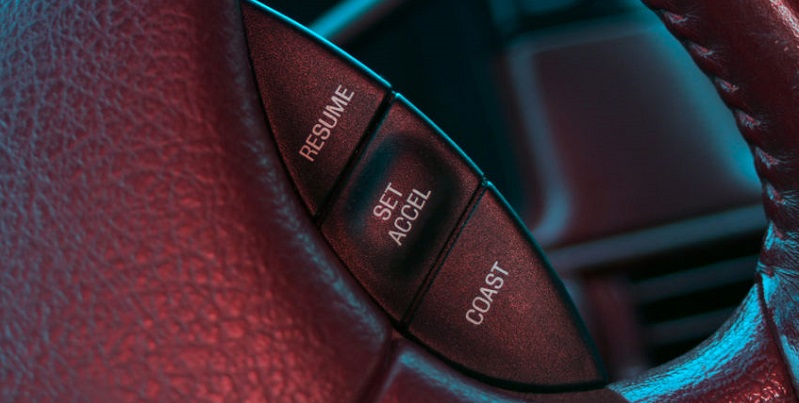Despite its advantages, drivers using cruise control react to emergencies more slowly, researchers say.
Most vehicles now come equipped with cruise control, which many motorists believe to be as essential as air conditioning and power windows. While cruise control allows drivers to relax and let the car take over, the use of cruise control in certain situations can be extremely dangerous.
According to a Wall Street Journal report, a French study found that drivers who rely on cruise control could be putting themselves at a higher risk for drowsy or distracted driving by impairing their vigilance, as well as their ability to respond to emergency situations, by allowing them to be inactive for long periods of time when they rely on cruise control.
The researchers found that drivers’ episodes of drowsiness increased by 25 percent when they were utilizing cruise control, compared with those who weren’t using it. They also found that reaction time for emergencies was lengthened by an average of one second, or 131 feet, when the vehicle was traveling at the French speed limit of 130 kilometers per hour (81 miles per hour).
Advantages of Cruise Control
The most obvious advantage of cruise control is that it allows a driver to maintain a steady rate of speed (set by them) while they rest their feet. Some other benefits that cruise control offers include:
- It enhances driver comfort during extended road trips.
- By setting the speed via cruise control, a driver can avoid exceeding the posted speed limit and violating driving laws.
- Cruise control allows a motorist to maintain a consistent speed and increase fuel economy.
Disadvantages of Cruise Control
Despite the convenience of cruise control, there are some important disadvantages to it as well, including:
- Drivers using cruise control do not apply constant pressure on the gas pedal, which can increase the risk of auto accidents when maneuvering through traffic.
- The use of cruise control is not recommended in rain, snow, or icy conditions when the vehicle could begin to slide on the wet road.
- During inclement weather, particularly rain or snow, applying pressure on the brake to deactivate cruise control may cause the vehicle to veer out of control and cause an accident.
- If you’re driving on back roads or are extremely tired, cruise control can cause a driver to “zone out” and pay less attention to the road.
- Some think cruise control promotes careless and distracted driving, since drivers don’t have to keep an eye on the dashboard to monitor their speed and accidents can occur if the system malfunctions.
The Future of Cruise Control
Car manufacturers are now offering adaptive cruise control, which will automatically adjust your speed to match the flow of traffic around you, allowing your car to follow the one in front of you at a safe distance. While this is no doubt a useful feature for those stuck in stop-and-go rush hour traffic, whether or not this intelligent form of cruise control will actually increase safety remains to be seen.

